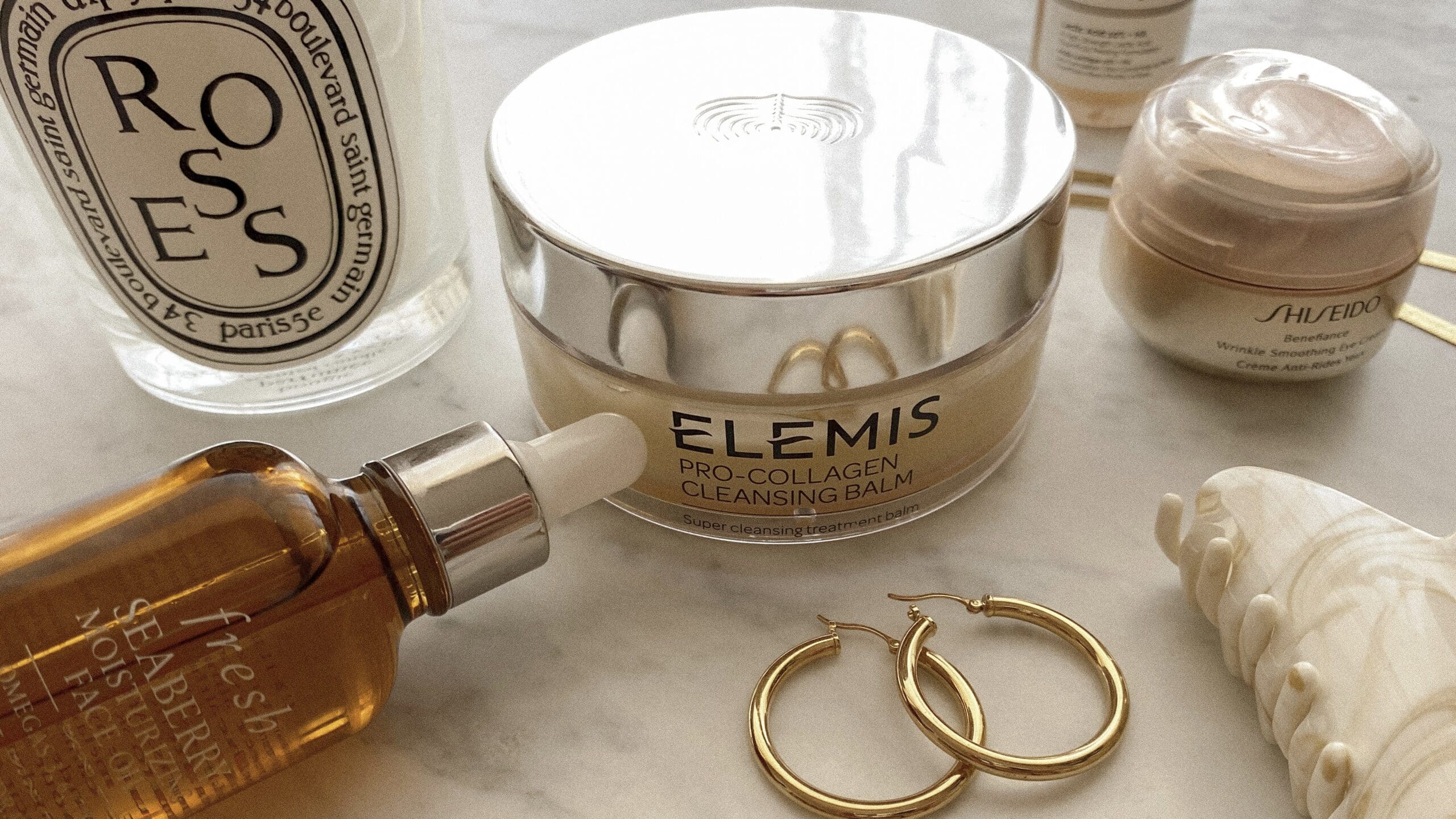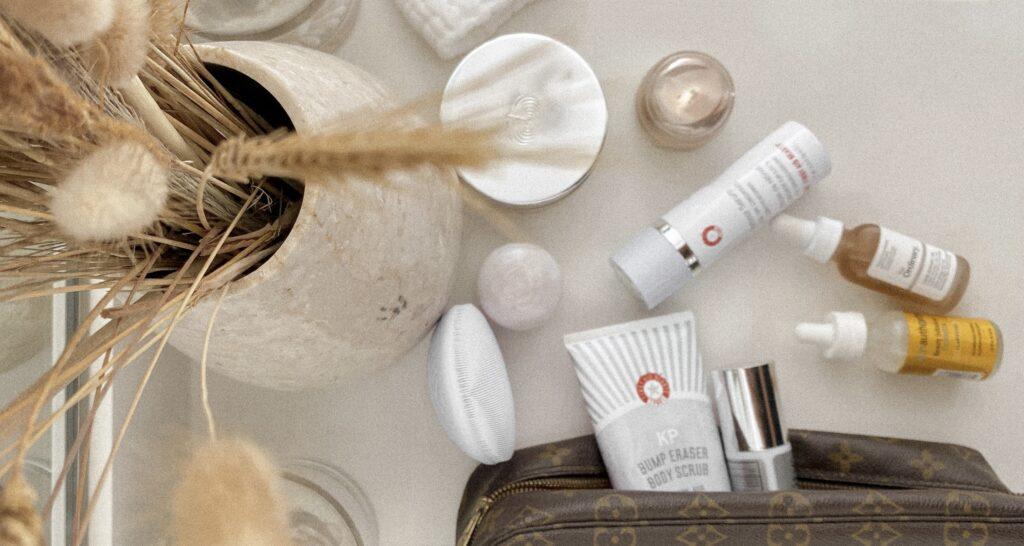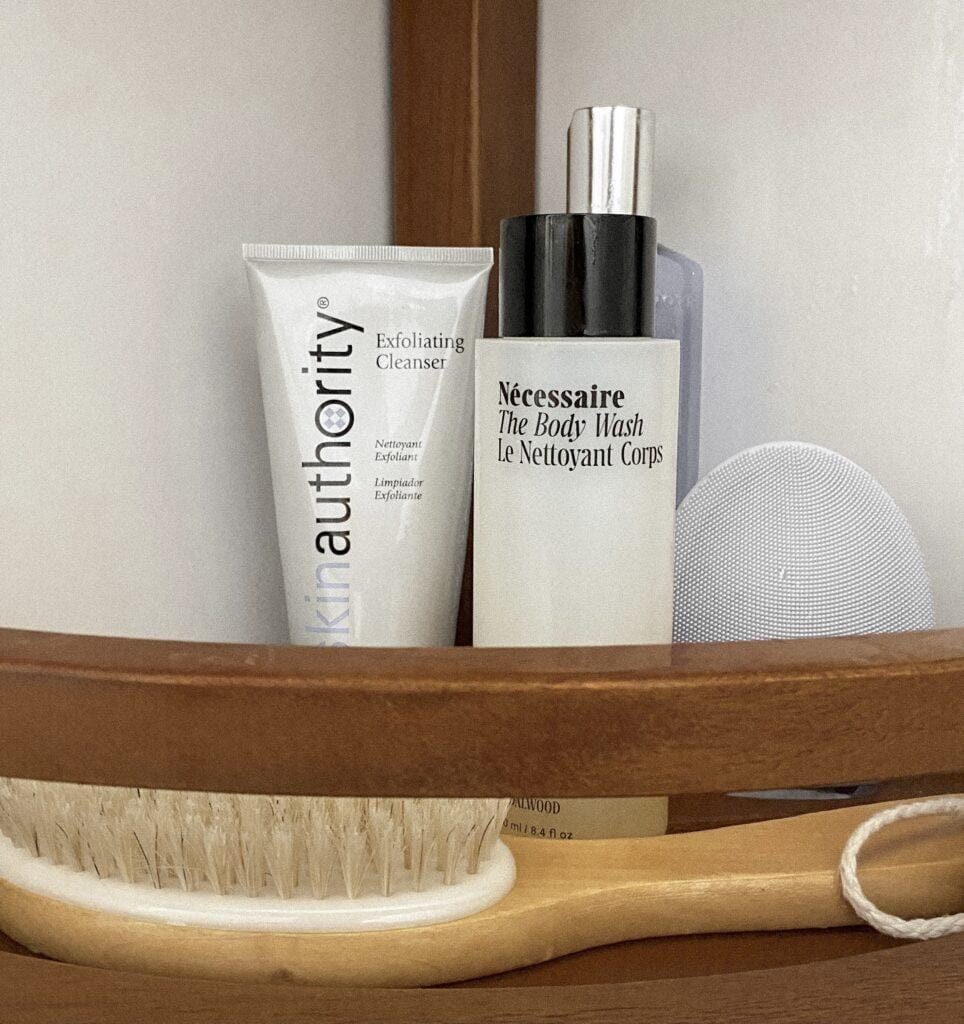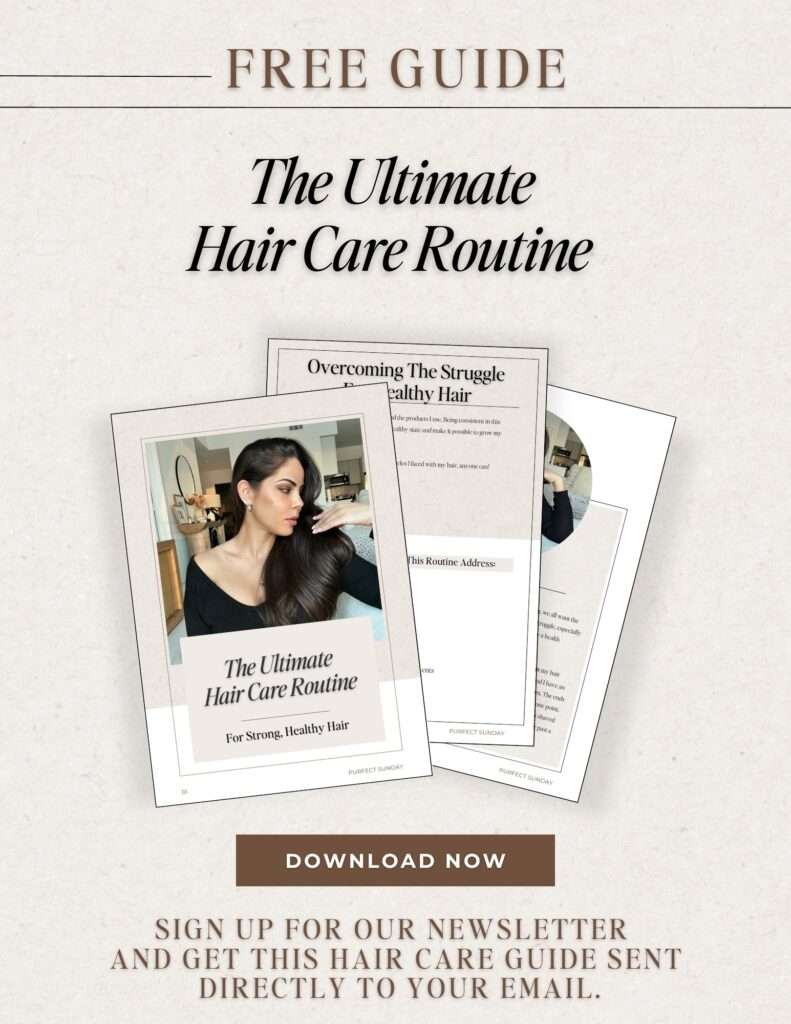
17 Sneaky Things That Can Make Your Skin Breakout
As someone who spent more than half their life dealing with acne, trust me when I say I know how frustrating it can be. Because there can be so many different factors involved in causing your breakouts, pinpointing the right treatment can be complicated and exhausting.
When you’re trying to figure out what might be contributing to your breakouts, it’s a good idea to take a close look at some of your daily habits. There’s a good chance something in your regular routine is responsible for causing or exacerbating this distressing skin condition. After reading over this list of sneaky things that can make your skin breakout, you may spot something in your routine that’s the culprit.
17 Sneaky Things That Make Your Skin Breakout

Touching Your Face
Throughout the course of the day, you’re constantly touching things that are covered in germs. From handrails, shopping carts, door handles to your cell phone, hands are pretty dirty. Putting your hands on your face, even for just a moment, transfers dirt and germs into your pores. If you find you’re constantly touching your face for whatever reason, this could be the cause of your problem. Aside from washing your hands more often, do your best to break this face-touching habit and you could see some improvements in your skin.
Skipping Night-Time Cleansing
Never ever skip washing your face at night. Sleeping with a face full of makeup is absolutely terrible for your skin. Even if you don’t have makeup on, dirt, oil, and germs collect on your face throughout the day and clog your pores. You also need a fresh, clean face for acne medications and beauty products to properly absorb into your skin and do their work.
Makeup Brushes
Makeup brushes are full of old makeup, face oil, and bacteria. And if they’re not being regularly washed, all that bacteria is being wiped back into your face every time you put makeup on. Make a habit of washing your brushes at least once a week to prevent bacteria growth.
Your Pillowcase
Even if you wash your face every night before bed, pillowcases quickly become breeding grounds for bacteria. Facial products, sweat, and oil quickly build up on a pillowcase, and that bacteria will transfer back to your face while you sleep. The best way to prevent this is by either changing or washing your pillowcase every few days. And if you aren’t already using one, I recommend doing yourself a favor and switching to a silk pillowcase. The slippery fabric is so much more gentle than cotton. Both your skin and hair will thank you.
Hair Products
Hair products like hairspray, pomades, and frizz-fighting oils and serums can cause breakouts on your forehead and along your hairline. As well as your shoulders and back if you have long hair. To help prevent these breakouts from happening, avoid putting any product near your hairline. Try and keep your hair off your face as much as possible, and after applying hair products, wipe down contact areas with a cleansing wipe.
Dairy
Sometimes what’s going on externally is a direct result of internal problems. There are a few theories as to why dairy makes acne worse. The first is that dairy cows are treated with hormones, that end up in the milk supply. When humans drink that milk their own hormones are thrown off balance, triggering acne. The second theory is that the natural growth hormones in milk that are meant to grow a very large animal will throw off a human’s hormone levels no matter what. And the third theory is that milk products which are usually combined with processed foods and refined sugars disrupt insulin levels and make skin more prone to acne. Whatever it may be, most evidence-based studies agree that there is a connection between acne and dairy consumption.
Facial Products

There’s a chance that some of the ingredients in your facial products are to blame. Mineral oil is sometimes added to moisturizers and creams. But it will clog your pores. Coconut oil although popular with natural beauty enthusiasts can do the same. Also look out for artificial fragrances, which can be very irritating, as well as sodium lauryl sulfate, which is added to many products as an oil stripping agent. These are especially irritating to people with sensitive skin.
Stress
Stress causes acne, acne causes stress and round and round we go. Whether it’s from a high-pressure job or planning a big event when under stress, the body produces cortisol, also known as the stress hormone. This surge in hormones ramps up oil production, clogging pores, leading to cystic acne. A regular workout routine or mediation practice can help release stress and end this unpleasant cycle.
Your Cellphone
How often do you clean your phone? If you’re seeing pimples on your cheek or the area you hold your phone, it could be the problem. Phone’s pick up all kinds of grime and bacteria. When you talk on the phone, your literally pressing all that gunk into your face. Make a habit of regularly wiping down your phone with an antibacterial wipe.
Picking At Your Pimples
You might think that you’re helping your skin out by squeezing blackheads and popping pimples. But chances are you’re making things worse. When you’re trying to extract pimples, you run the risk of pushing pus and bacteria in deeper. This will only make the pimple angry, inflamed, and slow down the healing process. You can also leave marks that can take months to fade or even worse make scars that will last forever. Your best bet is to use a spot treatment or slap a pimple patch over any zits and be patient while they heal.
Your Face Mask
If you’ve noticed an increase in pimples around your chin, jawline, and cheeks, your face mask could be to blame. Sweat, oil, and humidity trapped under your mask is the perfect environment for pimple-causing bacteria to grow. If you’re using a disposable face mask, toss it at the end of each day. If you use cloth masks, stock up on a few so you can wash one at the end of each day to help avoid new breakouts.
Overuse Of Acne Products
In the case of acne medication, too much of a good thing is bad. Most topical acne medications contain salicylic acid, benzoyl peroxide, or sulfur. All three are very drying and overtreating your breakouts and drying out your skin will trigger more oil production. The increase in oil production will cause more zits giving you the opposite result you were hoping for.
Sweaty Workouts

Skipping a shower immediately after working out is a big NO. That mix of dried sweat, oil, and lotion is a recipe for pore-clogging grime and bacteria, that will quickly lead to face and body acne. If you’re not showering at the gym post-workout, wash your face before leaving and wipe your shoulders, back, and chest down with a Stridex pad or towelette. Shower as soon as you as you’re able to.
Smoking
If you were looking for another reason to quick smoking, here’s one. Every time you smoke you decrease the amount of oxygen that is supplied to your skin. The carcinogens in the smoke dry out your skin causing an increase in oil production. We already know that can cause more breakouts. Smoking also breaks down the collagen and elastin in your skin which leads to premature aging, wrinkles, and sagging.
Lack Of Sleep
Staying up late at night and regularly skimping on sleep can through off hormone balance and raise stress levels. Both will lead to new zits popping up. Plus our skin uses the hours of rest time to heal and regenerate. It’s also the best time to let skincare products soak in and work their magic. Shorting yourself on adequate amounts of sleep will deprive you of these benefits. If getting to bed at a decent time is an issue for you, here are some tips for a better night’s sleep.
Over Exfoliating
Exfoliating your face regularly should be part of everyone’s regular skincare routine. However, overdoing it can damage your skin’s protective barrier, causing your skin to become dry, irritated, and vulnerable to bacteria and new breakouts. Figure out if physical or chemical exfoliants are best for your skin type, and stick to exfoliating once or twice a week at most.
Hormones
Hormonal acne in adults is not the same as a teen going through puberty. This type of acne is especially common in women and caused by hormonal imbalances caused by underlying medical conditions. Hormonal acne usually appears on the lower parts of the cheeks, chin, and jawline. It presents as cysts that form deep under the skin and usually don’t come to a head on the surface. These bumps are often painful and tender to the touch. Because these cysts are deep under the skin, unless your acne is very mild, most over-the-counter topical medications don’t work. Seeking the help of a good dermatologist is the best bet to finding the proper solution to cleaning your skin.
If none of the tips above help clear up your skin, please book an appointment with a dermatologist. Before you can find a cure you need to know what is causing the problem to begin with.
On my own journey to clear skin, I eventually ended up completely cutting out both gluten and dairy from my diet. But it wasn’t until I was diagnosed with an autoimmune disease and put on thyroid medication that my hormones finally balanced out. I’m happy to say that I won’t have to end my 30’s fighting both pimples and wrinkles.
Xx Monti


